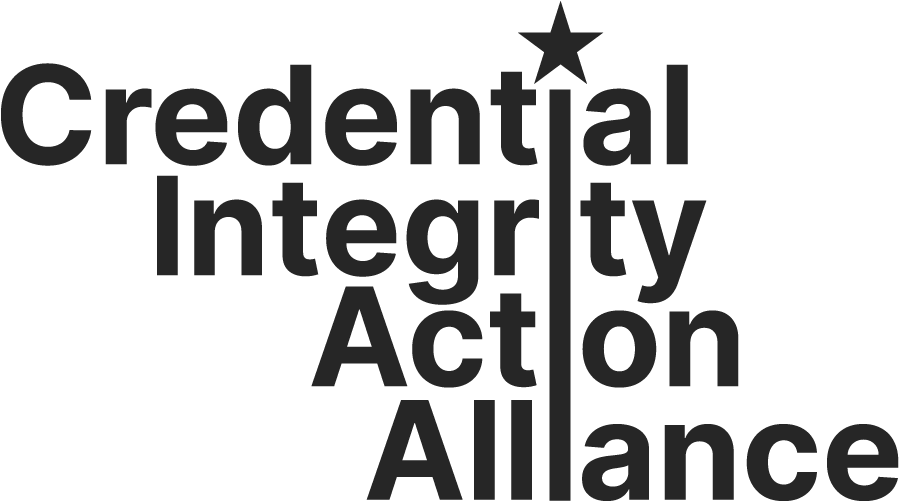CIAA’s model statute closes common loopholes and extends protections beyond the academic setting to include certification and licensure exams and standardized testing companies. This ensures that not only is academic integrity protected, but also licensure and credentialing exams that require individuals to demonstrate knowledge, skills or competencies in a particular field such as information security and technology professionals, privacy professionals, audit professionals, AI professionals, financial analysts and health care practitioners. Professional licensure and workforce credentials are relied upon by the public and employers to gauge competency. Unfortunately, these important tools that we use to help protect public welfare and safety are also being undermined by commercial cheating services.
Legislation
At-a-Glance
- Legislation Introduced
- Showing Interest
- Legislation Passed

United States Map
Legislation by State
Missouri
- Missouri Representative Ed Lewis officially pre–filed CIAA model legislation in HB 2271, protects Missouri’s students, test takers, and the public from the harms caused by commercial cheating organizations.
Georgia
- Georgia Governor Brian Kemp officially signed Senate Bill 213 into law on May 14th, 2025. This law makes it illegal for a person to sell or advertise commercial cheating services in Georgia.
- The CIAA’s model legislation in Georgia, SB 213, passed the Georgia House by a vote of 155-7.
- Modified statute introduced by Senator Kay Kirkpatrick (SB 213).
- Amends state’s Fair Business Practices Act.
- 10 Bipartisan Co-Sponsors.
- Bill unanimously passed subcommittee and approved by Senate with a 53-1 vote.
Ohio
- The CIAA’s model legislation is advancing in Ohio SB 311. The bill has been read, recommended for referral by the Rules and Reference Committee, and referred to the Senate Education Committee. This is an omnibus bill which includes CIAA’s language and other topics. If it becomes law, it will provide institutions of higher education, professional licensure and certification organizations, and Ohio law enforcement with new legal remedies in the fight against commercial cheating organizations.
New Jersey
- Assembly woman Dr. Rosaura “Rosy” Bagolie, has also expressed interest in CIAA’s model statute and in protecting against the harm of commercial cheating services.


